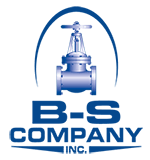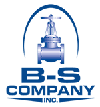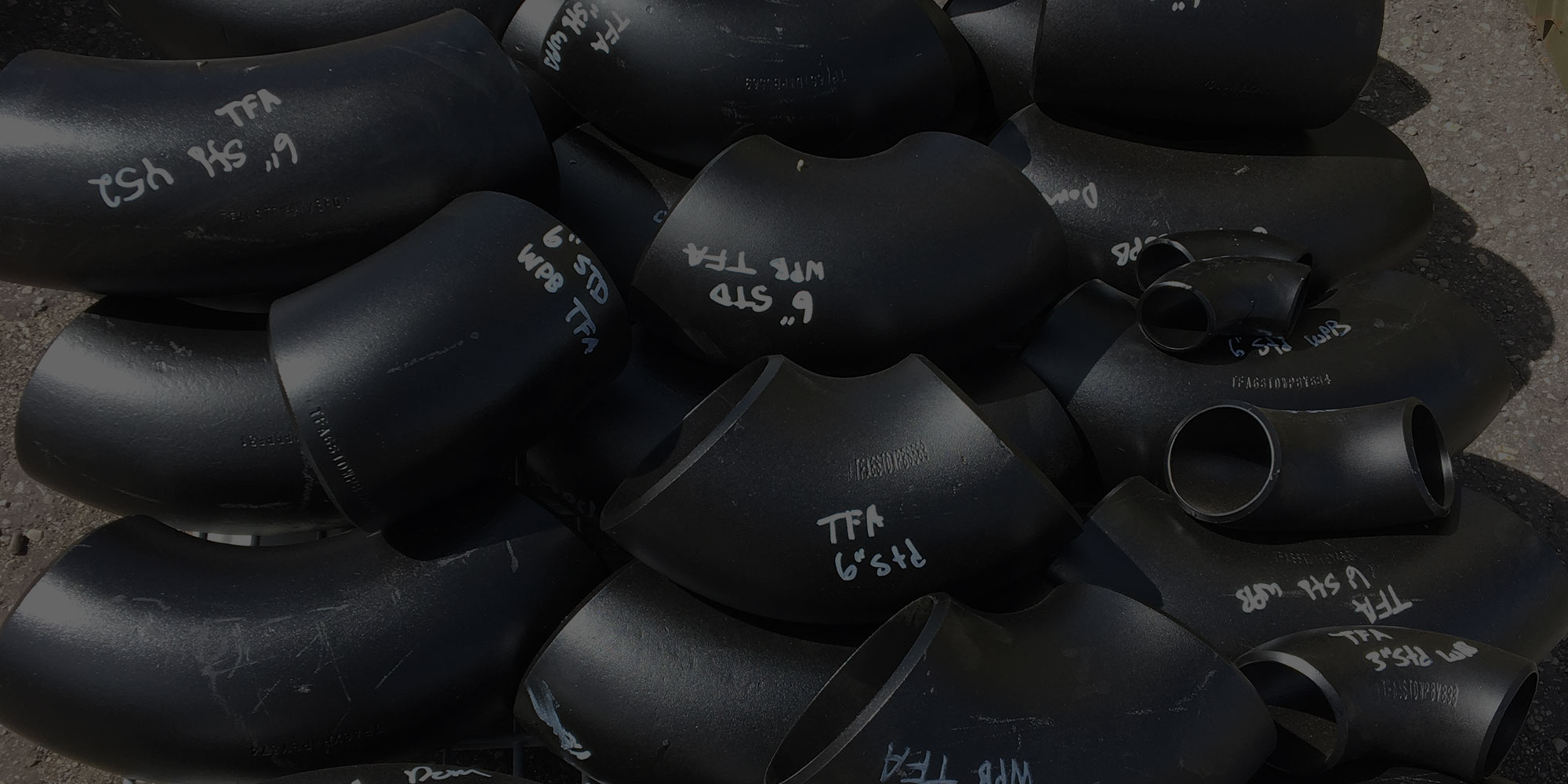BS Company is a supplier of quality, high yield carbon steel fittings. These fittings are employed in various applications in industries that involve the safe transport of fluids – water, oil, chemicals, and more. What are these fittings and what sets them apart from standard fittings? Here are five common questions about high yield carbon steel fittings to help you understand what they are, what purpose they serve and how they are suited to these purposes.
1. What are high yield carbon steel fittings?
High-yield carbon steel fittings are pipe fittings that have been manufactured from steel with a carbon content ranging from 0.05% to 2.1% by weight. The higher the carbon content, the harder and more durable the steel can become through heat treating. Carbon steel fittings are thus used in applications where pipelines are required to withstand high levels of pressure. The hardness of the steel gives these fittings a higher yield – i.e., an ability to withstand higher pressure levels – than standard fittings. There is a trade-off that takes place when making high yield carbon steel fittings, however. As a result of the higher carbon content, the increase in toughness and yield comes with a reduction in weldability and ductility relative to other types of steel.
2. How are these fittings made?
High yield carbon fittings are made through a process called forging. A piece of carbon steel is subjected to extreme heat and then placed into a two-part die, which molds it into the desired shape. Once the molded part cools, it is put through a machining process, where it is finished to meet specifications.
The industry standard for the quality of high yield fittings is the American Society for Testing and Measurement (ASTM) 860 standard specification for wrought high strength ferritic steel butt-welding fittings. This provides guidelines for all the materials and methods that should be used in the production of the fittings. The fittings stocked by BS Company are all manufactured to this standard.
3. What are carbon steel fittings used for?
Whether standard or high yield, fittings are used to join lengths of pipe together and facilitate direction changes in the pipeline. They are either made in a T-shape to join three lengths of pipe and allow 90° direction changes, or they are molded with bends of varying angles to divert the flow as needed. The main difference between standard and high yield fittings is the ability of the latter to perform these functions under extreme pressure.
High-yield fittings are suitable for a wide range of applications. These include oil, gasoline and chemical pipelines, as well as hydraulic machinery. Like standard fittings, they provide leak-free connections, which allows for the safe transfer of harmful substances. However, unlike standard fittings, these also provide resistance against high levels of pressure. You should choose high yield carbon steel pipe in any application where you require extreme hardiness and resistance against wear and tear under conditions of high pressure and temperature.
4. What are the different grades and sizes of carbon steel fittings?
Carbon steel fittings come in a variety of grades to suit different uses and pressure demands. BS Company stocks the following grades: Y42, Y52, Y60, Y65 and Y70. The number after the Y indicates the minimum yield strength of the fitting. Minimum yield strength is the crucial property of steel used in pipelines. It is defined as the tensile strength required to produce a total elongation of 0.5%. Total elongation is essentially the percentage to which a material can be stretched before it breaks. So this means that a pipe graded at Y52, for example, has a minimum yield strength of 52,000psi. The question of which pressure grade you choose depends on your project and the amount of pressure you expect to be placed on your pipeline. Pipes and fittings of these grades ranging from Y42 to Y70 are used in the water and petroleum industries, as well as on offshore oil rigs.
5. Why choose high yield carbon steel fittings?
You should choose high yield carbon steel fittings mostly for its ability to sustain extremely high pressures. There are several other benefits too, however. They can also withstand high temperatures, form tight and leak-proof joints, help to direct the flow of whatever fluids you are transporting, are protected against chemicals and corrosion, keep your system free of pollutants and are robust and resistant to wear and tear.
About BS Company
BS Company opened its doors in 1990 at a small 8,000 sq/ft location, “The Office” (below) in Magna, UT. We’re grateful for the growth we’ve seen over the years and now operate three branches and one manufacturing facility. Our inventory consists of:
- 6,000 + tons of pipe ON THE GROUND! (300 semi truckloads)
- 1,500 + tons of fittings & flanges ON THE GROUND! (75 semi truckloads)
- 10,000 + valves ON THE GROUND
Our pipe and fitting inventory is held at our “Pipe Yard” in Toole, Utah. The “Pipe Yard” boasts much more than its name. There are 30 acres of carbon steel pipe, HDPE pipe, and large OD carbon steel fittings and flanges on the ground at this location. A new 10,000 sq.ft. warehouse stocked with large OD valves was added in 2014. We have pipe sizes up to 108”, fittings & flanges up to 48”, valves up to 36”, and stainless steel fittings & flanges, studs & nuts, and more on this site.
We hold extensive stocks of high yield carbon steel fittings. For more information, contact BS Company, the leading supplier of structural steel pipe and other steel products in Salt Lake City.


